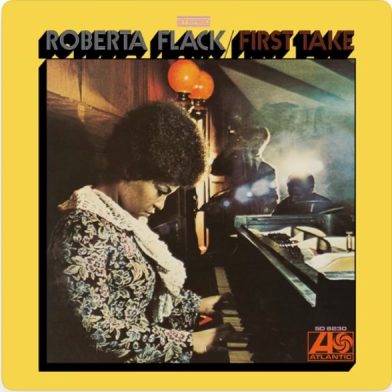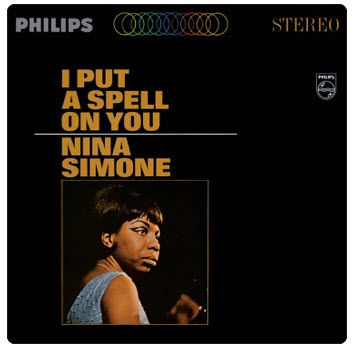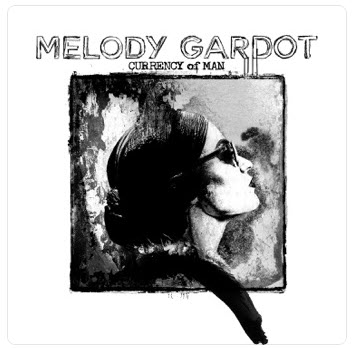
Roberta Flack was a musical prodigy who entered Howard University at the age of 15. Her debut album First Take deserves to be recognized as one of the most influential jazz albums of all time.
This landmark 1969 album has mistakenly been labeled by many as belonging to the genre of popular music, when the opening notes of the first track place the performance so strongly in the world of jazz – except that the hit single from the album “The First Time Ever I Saw Your Face” destined Roberta Flack to be considered a pop singer. However, she was a classically trained pianist and singer who worked with some of the finest studio musicians around. Her debut album First Take deserves to be recognized as one of the most influential jazz albums of all time.
Why jazz?- let’s consider the lineup on that album: Roberta Flack on piano, John Pizzarelli on guitar, Ron Carter on bass, and Ray Lucas on drums – as solid a jazz backing as one might assemble for an unknown artist making her first record. Granted, every note on the album was planned and charted, so if you’re a stickler who believes the heart and soul of jazz is improvisation, then you may, like others, classify this recording as pop or rhythm and blues. Perhaps you may simply come around to thinking the record defies categorization. As does Roberta.
A quick word about her background – she was the daughter of a church choir organist and a musical prodigy who entered Howard University at the age of 15. Jazz legend Les McCann heard her sing in a club and brought her to Atlantic Records, the home of Aretha Franklin. With McCann’s endorsement came those studio wonders: – Pizzarelli, Carter and more.
Her diction? – perfect. Her emotion ~ so heartfelt and touching that some listeners thought her overwrought. Not for this listener. Her choice of material was diverse, challenging and satisfying. First Take opens with the Eugene McDaniels protest song “Compared to What”, and her interpretation of it is a simmering masterpiece. Her rendition of Leonard Cohen’s ‘Hey That’s No Way To Say Goodbye” brings a wealth of bittersweet resignation that was inherent in the lyric, but never delivered by Cohen, whose vocal range simply wasn’t up to the task. Roberta also chose two numbers by a young unknown friend, Donny Hathaway, and both are superb, particularly “Tryin’ Times”.
As for the hit single, “The First Time Ever I Saw Your Face” was a low-key folk tune written by British folksinger Evan MacColl for his future wife, Peggy Seeger. It had also been brilliantly recorded by Gordon Lightfoot on his debut album, but Roberta Flack turned that quiet love song into a slow-burning paean of erotic desire. First Take itself sold rather poorly upon release. Everything changed when film director (and jazz aficionado) Clint Eastwood) decided to use the song in his 1971 movie Play Misty For Me: the film’s success and the song’s exposure propelled Roberta to the top of the charts.
Subsequently she won a Grammy Award for Song of the Year and repeated the achievement the following with her version of “Killing Me Softly With His Song”. Never happened before, hasn’t happened since.
Her influence on others is immense: she brought Brazilian musician Eumir Deodato from South America into her 1970s recordings sessions. She helped Peabo Bryson break into the R & B mainstream. She has influenced the likes of Alicia Keys, The Fugees, Erykah Badu, D’Angelo and Lauren Hill. Some say she invented Neo-soul or the predecessor of that form known as “the quiet storm”. Others claim she reinvented the art song. Her approach can be heard in the likes of Cassandra Wilson and the newest jazz sensation, Samara Joy.
We recommend you seek out First Take for a fresh hearing. It’s more than time to give Roberta Flack renewed appreciation.



